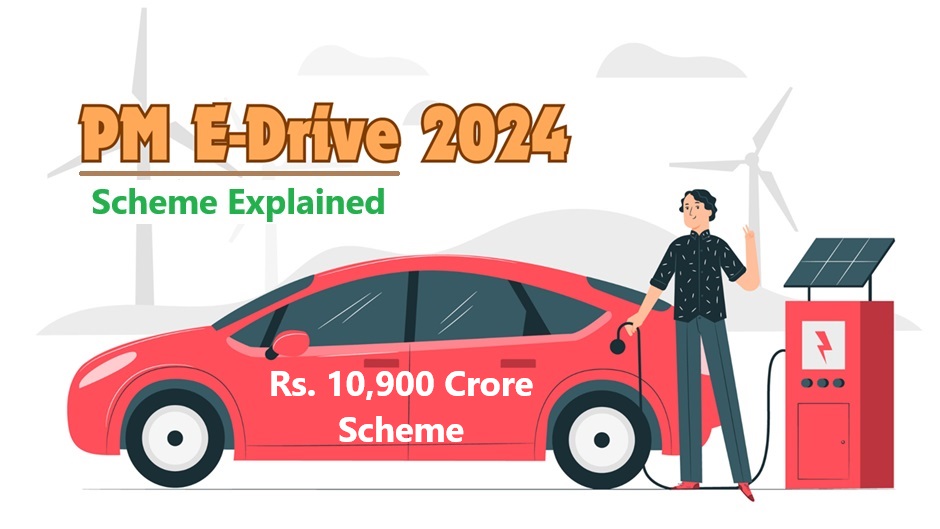Unified Lending Interface
RBI’s Announcement – Pilot Project Initiative | Highlights
RBI will soon launch the Unified Lending Interface (ULI) to make loans easily accessible on phones in India. The pilot project is ongoing, with plans for public release. Governor Shaktikanta Das announced the upcoming introduction of ULI.
RBI Governor Shaktikanta Das announced in Bengaluru that the Reserve Bank will introduce ULI, similar to UPI. A pilot project on a hassle-free loan interface was conducted last year.
RBI governor announced ULI will be launched nationwide following a successful pilot, expected to transform loan sector like UPI did for payments.
Also Read: Unified Pension Scheme 2024: Top 5 Objectives of UPS, 50% of salary in pension, Arrears Benifits
Watch on X :
#WATCH | During the inaugural address at Global DPI and Emerging Tech Conference, RBI Governor Shaktikanta Das says, "India’s experience provides an effective digitisation strategy for other central banks…DPI has enabled India to achieve financial inclusion in a decade, which… pic.twitter.com/mHIcarX1Fg
— ANI (@ANI) August 26, 2024
What is ULI | Unified Payment Interface

The Unified Payment Interface (ULI) is a project of the RBI aimed at simplifying lending in India by bringing together banks and stakeholders to create a system for instant loans, similar to UPI.
The RBI plans to revolutionize the loan sector by introducing ULI, allowing individuals to easily access and repay loans without visiting banks.
The detailed plan for ULI’s implementation has not been disclosed yet, but it is expected to be launched through a smartphone app.
This initiative aims to eliminate the need for credit cards and other loan apps, which have been the subject of numerous complaints in the past.
How will ULI work?
RBI’s new initiative, ULI, will use Aadhaar, PAN, and transaction history to evaluate loan qualifications. Past loans and credit scores will also factor into decisions. Efforts to consolidate data from various sources are ongoing as currently data is dispersed among different agencies. Loan approvals through ULI will depend on these parameters.
Who will benefit from ULI? What is RBI’s strategy to provide loan from any bank through mobile

ULI will benefit small loan takers by allowing them to receive loans directly from banks, eliminating the need to rely on local moneylenders or unauthorized usurers.
Currently, banks do not pay much attention to small loan requests due to the paperwork involved.
With ULI, borrowers can access loans quickly without the burden of extensive paperwork, ultimately saving them from paying hefty interest to informal lenders.
As UPI Brought revolution
RBI is introducing ULI inspired by UPI, the popular payment method in India since 2016. Through UPI, anyone can easily transfer money using their phone. With added features, 35 crore Indians now use UPI, and its popularity has spread globally. RBI plans to advance ULI similarly.
What makes ULI a revolutionary?
The ULI aims to remove lending process obstacles by creating a unified platform for the RBI to make credit more accessible to small businesses and individuals with historical loan challenges.
Unified Lending Interface Transparency and Efficiency

ULI promotes transparency with real-time loan tracking for borrowers. It automates lending processes, cutting time and costs for credit disbursement.
Unified Lending Interface Financial Involvement
ULI supports RBI’s goal of financial inclusion by providing accessible credit in rural and semi-urban areas, empowering underserved communities.
Obstacles and things to think about
The ULI offers advancements and challenges. Ethical AI governance is vital to prevent biases and misuse. Financial institutions need transparent AI models.
Safeguarding against misinformation and following international AI principles is crucial.
Governor Shaktikanta Das highlights advancements in India’s digital journey with DPI and AI fusion.
Financial institutions will gain from improved tools, risk management and lower compliance costs.
More on Unified Lending Interface

Discover more from Newz Ticks
Subscribe to get the latest posts sent to your email.





